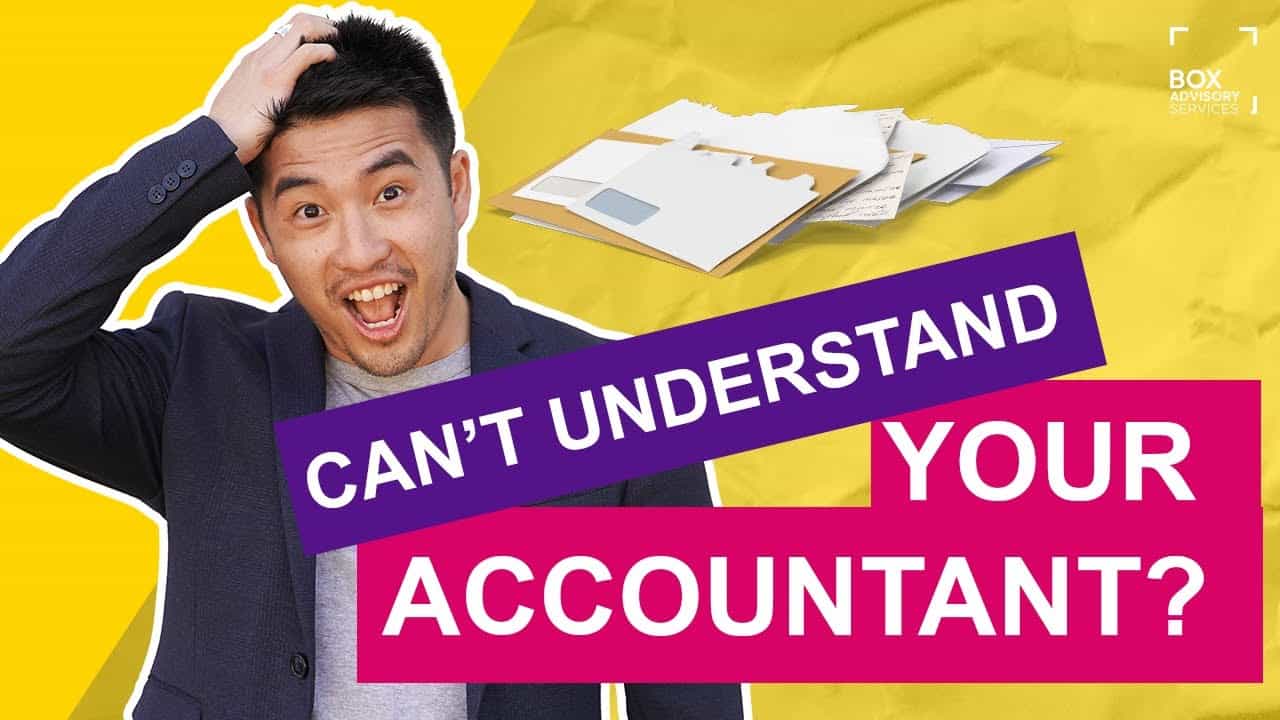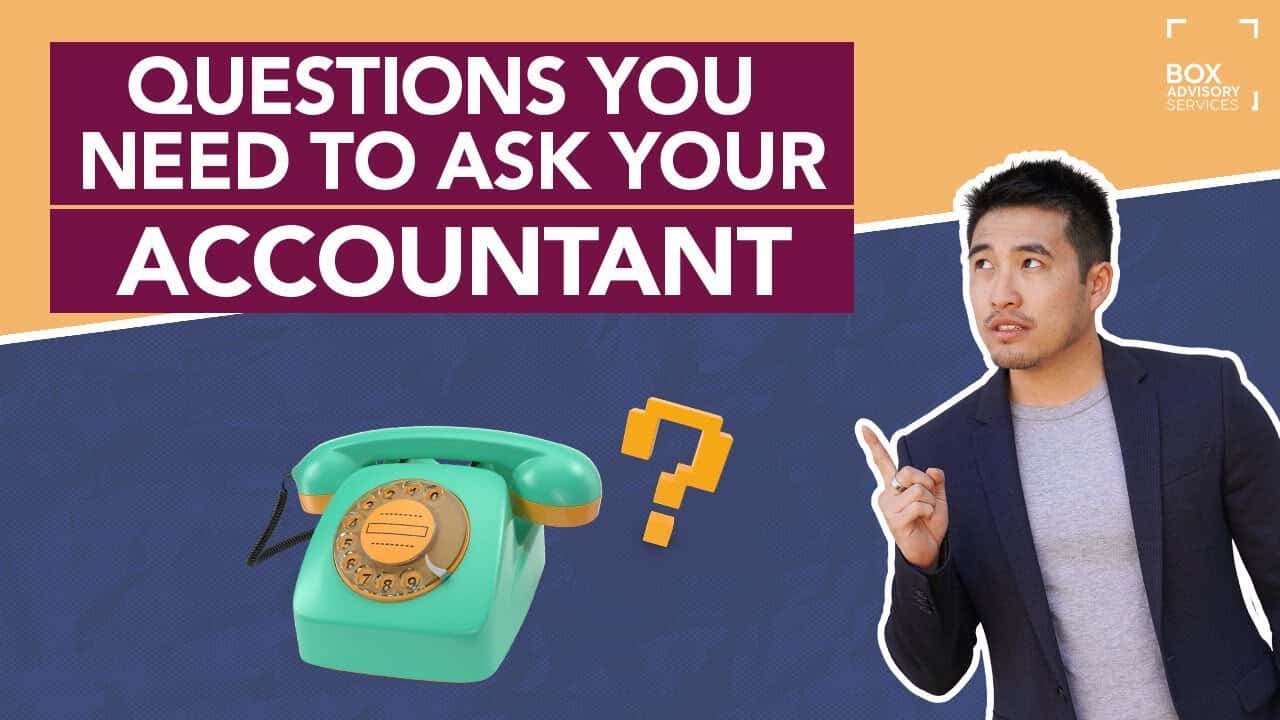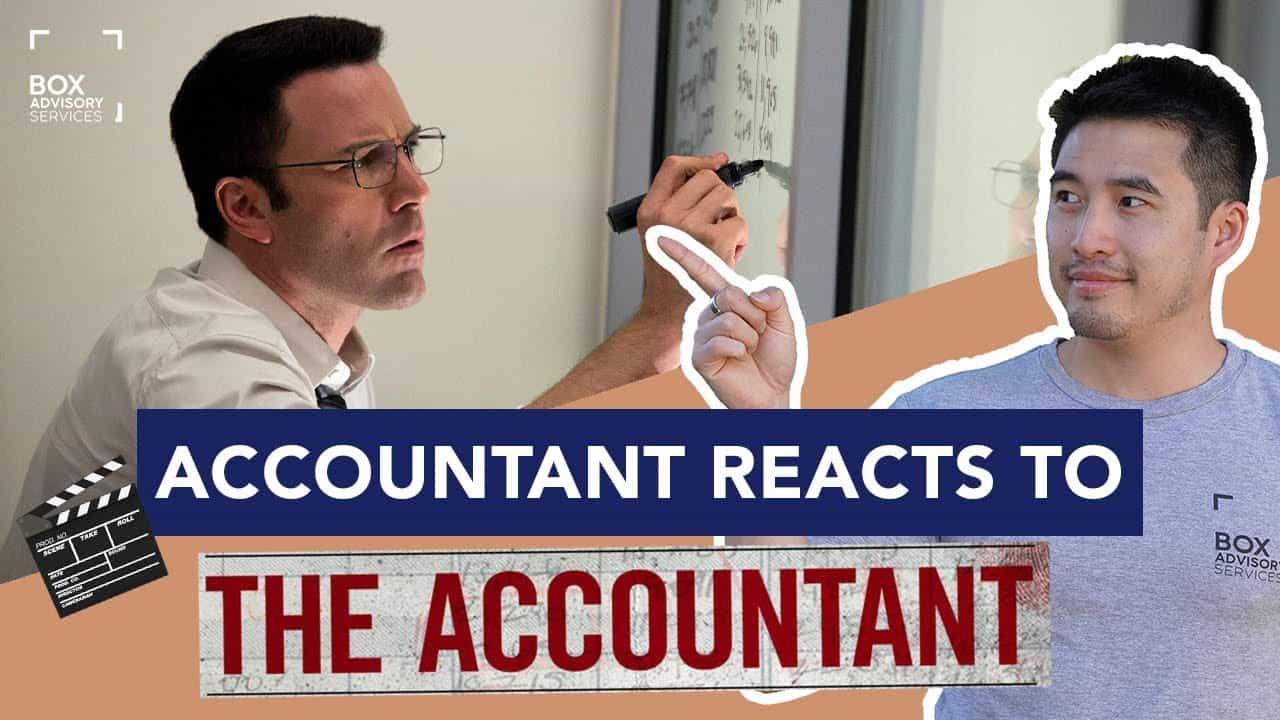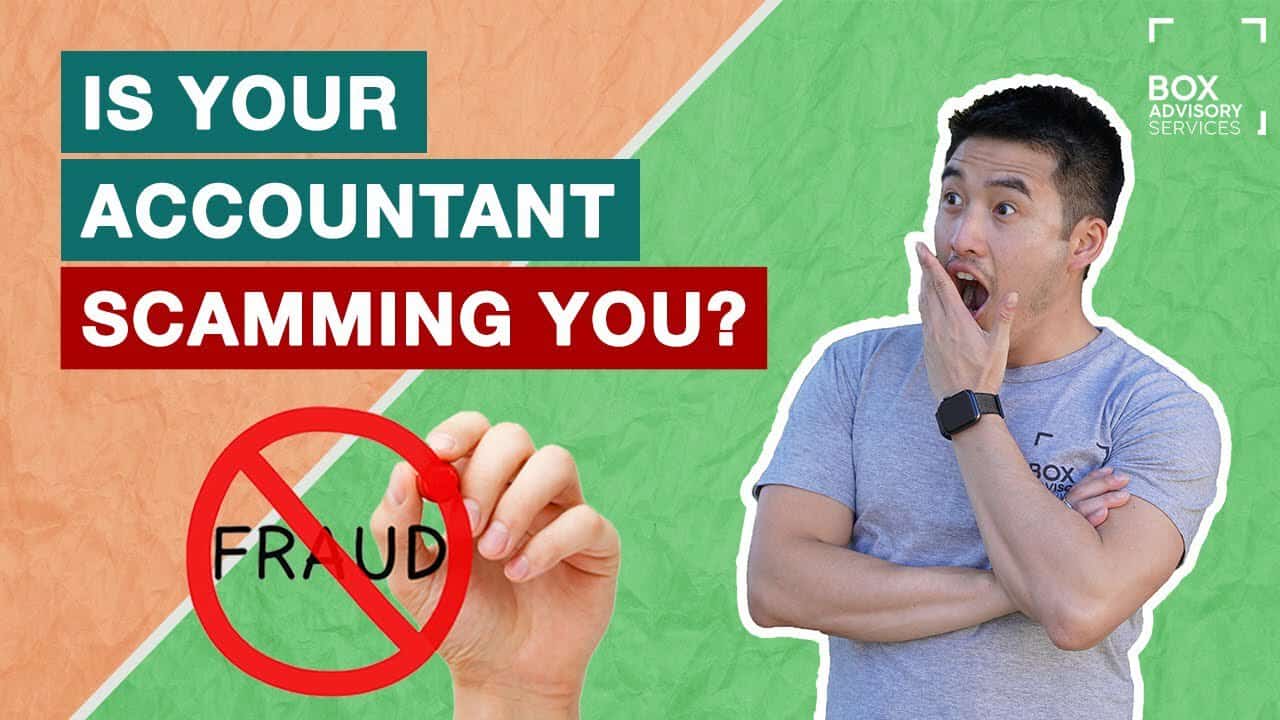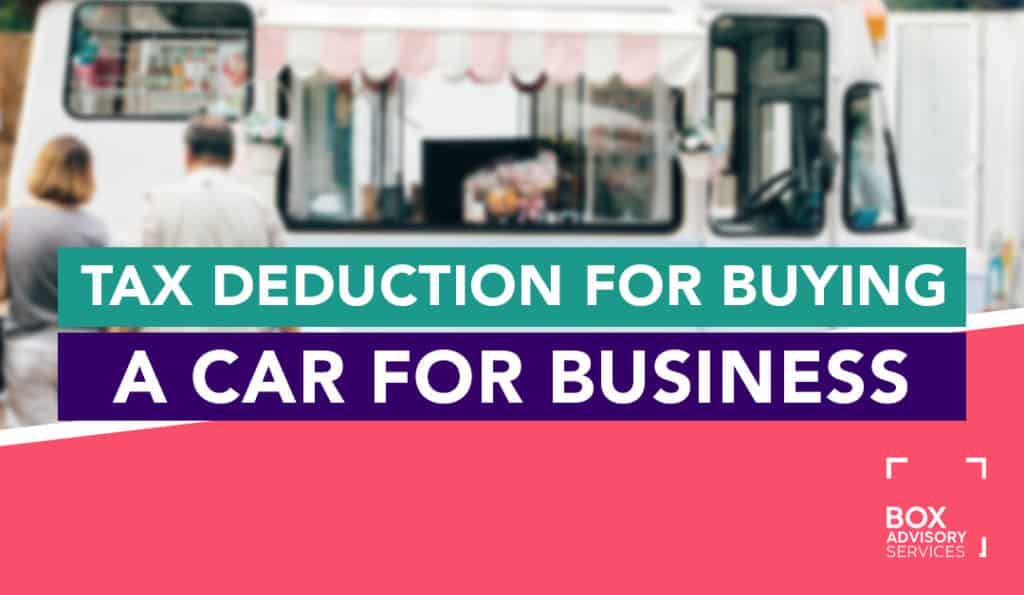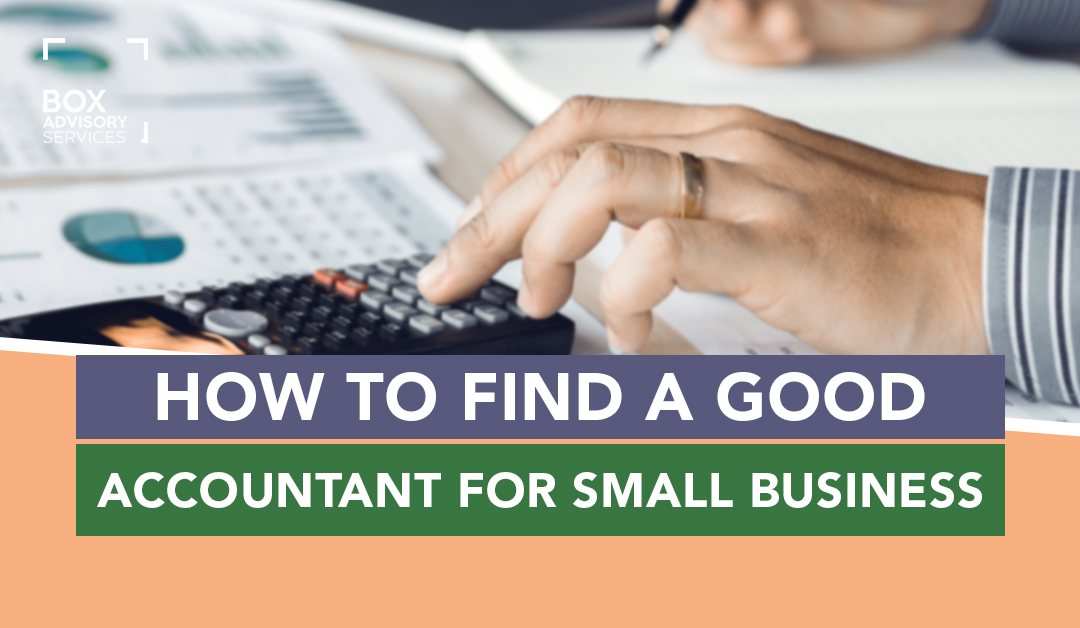
BY
|
How To Find a Good Accountant for Small Business
Finding a good business accountant for your small business can seem like an impossible task. With so many accountants out there, it’s hard to know which one is right for you and your company.
You could ask around for referrals, but at the end of the day, you need to find a business accountant who will treat your business like their own and has your best interests at heart.
Beyond that, you need someone who will communicate their advice and strategies in a manner that you can understand.
Let’s be honest – accountants tend to speak a different language!
So, how do you find a good accountant for your small business?
Well, I’m going to share a few things you should consider before committing to a long term relationship with your new small business accountant.
Are Business Accountant Referrals a Good Place to Start?
Referrals are definitely a good place to start looking because they’ll help narrow down your list.
There are so many accountants out there claiming to offer the same services, so if you can shorten your list based on someone else’s experience with them, that’s a good place to start.
But, you shouldn’t end up settling on a business accountant simply because someone you know has ranted and raved about them. At the end of the day, you need to find someone who can relate to your business and who can speak to you on a personal level.
More often than not, people think that our jobs, as accountants, simply involve keeping financial records, drafting financial statements, crunching numbers and tax preparation. But, the services of a good business accountant will go beyond that and can be an invaluable tool to your small business.
While we can help you stay compliant with the tax laws, we can also provide financial advice to help you manage and grow your small business.
Having said that, you’ll need to find someone you can trust to do that. So, once you have a shortlist of candidates based on referrals, narrow them down based on:
- their education,
- their experience in the industry in relation to your business, and
- how they relate to you personally – in other words, do you get along with them?
What Questions Should You Be Asking as a Small Business Owner?
Beyond asking questions about their education and experience, there are a few more questions you should be asking before settling on your small business accountant.
However, before going ahead with the questions, you need to clearly understand what you’re looking for and what your small business needs. This way, you can frame the questions in a manner that’s tailored to exactly what you’re looking for.
Here are some general questions you should consider asking your prospective accountant:
- What are their speciality areas? While they may have great qualifications and experience, it won’t help if they don’t have experience in your particular field.
- Who is their client base? This will help you understand whether they’ve worked with businesses similar to yours.
- What accounting software do they use? if you’ve already started using a specific type of accounting software, it might be easier, for integration purposes, to find an accountant that already uses that accounting software or is prepared to help you migrate to a better type of accounting software suited for your business needs.
- How much are their fees? It’s pointless finding a great business accountant that you can’t afford.
- What would they suggest to save your business money? A question like this helps you identify their level of proactivity. It can be a simple question such as what tax deductions could you be maximising more of?
- Who will you be working with, and how will communication work? Communication is probably the most important aspect of building a trusted relationship with your small business accountant, so find out how meetings will be scheduled and who exactly will be taking over your accounting needs (especially if the accounting firm has an array of accountants offering different services).
What Qualities Should You Be Looking For in Your Accountant?
Remember, you’re trusting this person with your small businesses, so it’s not all about the qualifications and logistics – it’s also about the qualities that person has as a business accountant:
- Dedication: a good business accountant loves to sweat the small stuff so that you don’t have to.
- Communication: a great accountant will be readily available to answer any of your questions, give you the advice you need and do so in a manner that’s easy to understand.
- Structure and adaptability: accountancy is a precise science, so your business accountant needs to have a degree of structure but not to the extent that they’re not adaptable. A great accountant can encourage new ideas in challenging environments.
- Proactivity: a good business accountant will reach out to you with solutions to problems before you have to reach out to them.
What Is Your Intuition Telling You?
While it’s important to rely on evaluating where the accountant is located, what their qualifications are and why they were high on your referral list, you should trust your intuition.
As a small business owner, you would’ve had to rely on your intuition to some degree when it came to building your business and building valuable relationships.
You should do the same when finding a good accounting firm.
At the end of the day, you’re trusting your accountant with intimate details of your business, and your intuition will help you establish whether they’re someone you would want to share those details with now and in the foreseeable future as well.
So, they may have the right fee structure, ample experience and noteworthy qualifications. If there are some red flags, you should trust that and continue looking.
Why Choose Box Advisory Services?
Our mission at Box Advisory Services is to help our contractors and small business owners make better decisions when it comes to business taxes, structure and growth.
By thinking outside of the Box using cloud technology, continuous education of our clients and building a trusting relationship, we believe that we can make accounting simple and easy.
We’re also a team of award-winning Chartered Accounts, so we are well well-versed in all aspects of running small businesses and are required to keep up to date with the latest changes in tax law to maintain their Chartered Accounting title.
Davie Mach, Director of Box Advisory Services and recent winner of Australia’s Young Accountant of the Year Award, has placed a major emphasis on creating a new-age accounting agency focused on assisting small business owners and contractors with all aspects of their business.
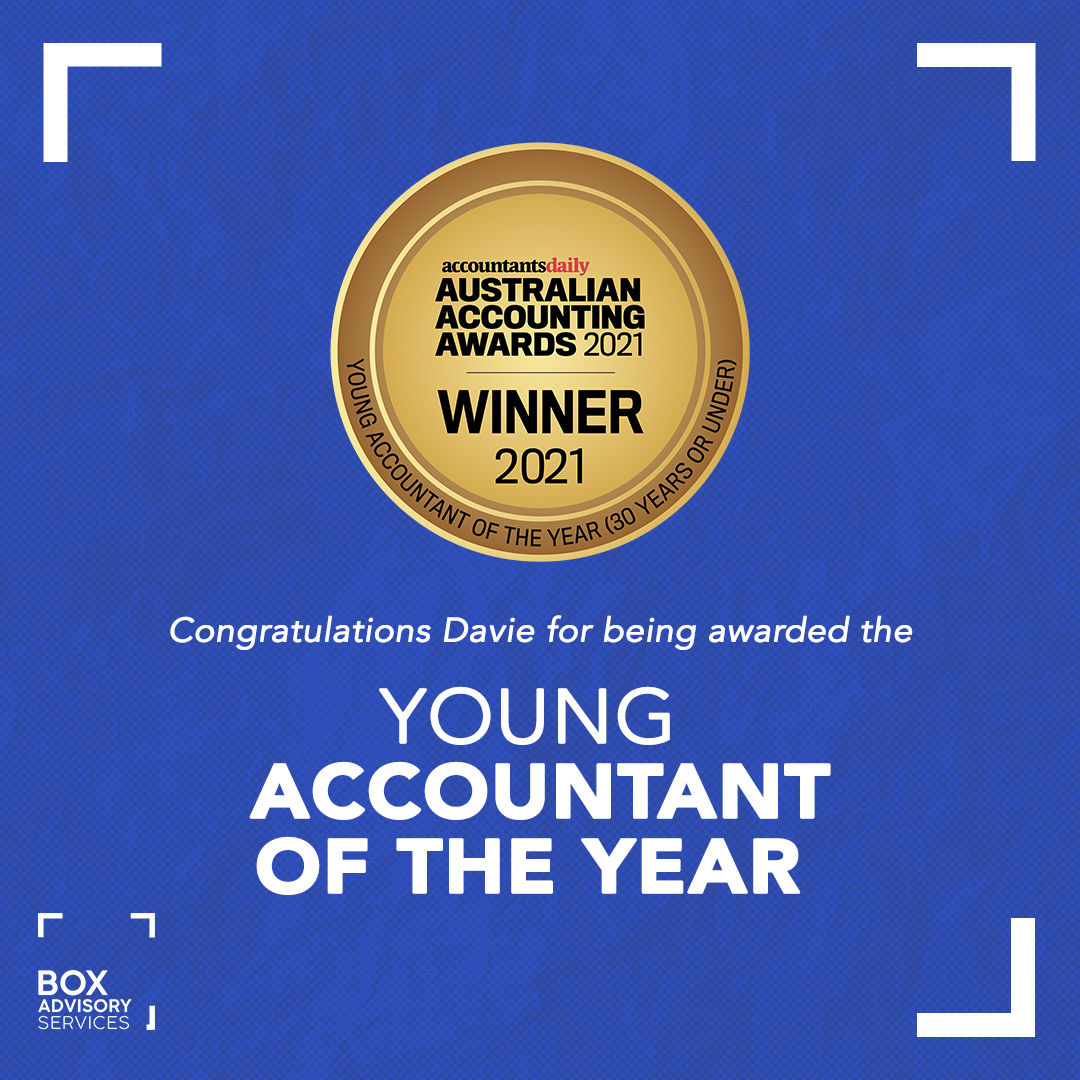
In fact, he has created a dedicated YouTube channel focused on sharing small business accounting and tax tips.
Key Takeaways
At the end of the day, your small business accountant should be considered a member of your business team.
Long gone are the days where accountants should only be known as people who crunch numbers.
A good accountant possesses a variety of qualities that will help you cover the basic accountancy requirements as well as offer you business support and financial advice to help your business grow.
So, when establishing how to found a good accountant, you should consider:
- why they were referred to you,
- what qualities they possess,
- what their educational background is, and
- how much experience they have.
Beyond that, it’s also important to trust your gut and go with someone who you will feel comfortable advising on all aspects of your business.
So, to find out how we, at Box Advisory Services, can help you, book a free consultation with us to assess your situation.
And if you would like to access free resources for small business owners, contractors and freelancers make sure to check out our so website and social media accounts!
Disclaimer:
Please note that every effort has been made to ensure that the information provided in this guide is accurate. You should note, however, that the information is intended as a guide only, providing an overview of general information available to property buyers and investors. This guide is not intended to be an exhaustive source of information and should not be seen to constitute legal, tax or investment advice. You should, where necessary, seek your own advice for any legal, tax or investment issues raised in your affairs.

